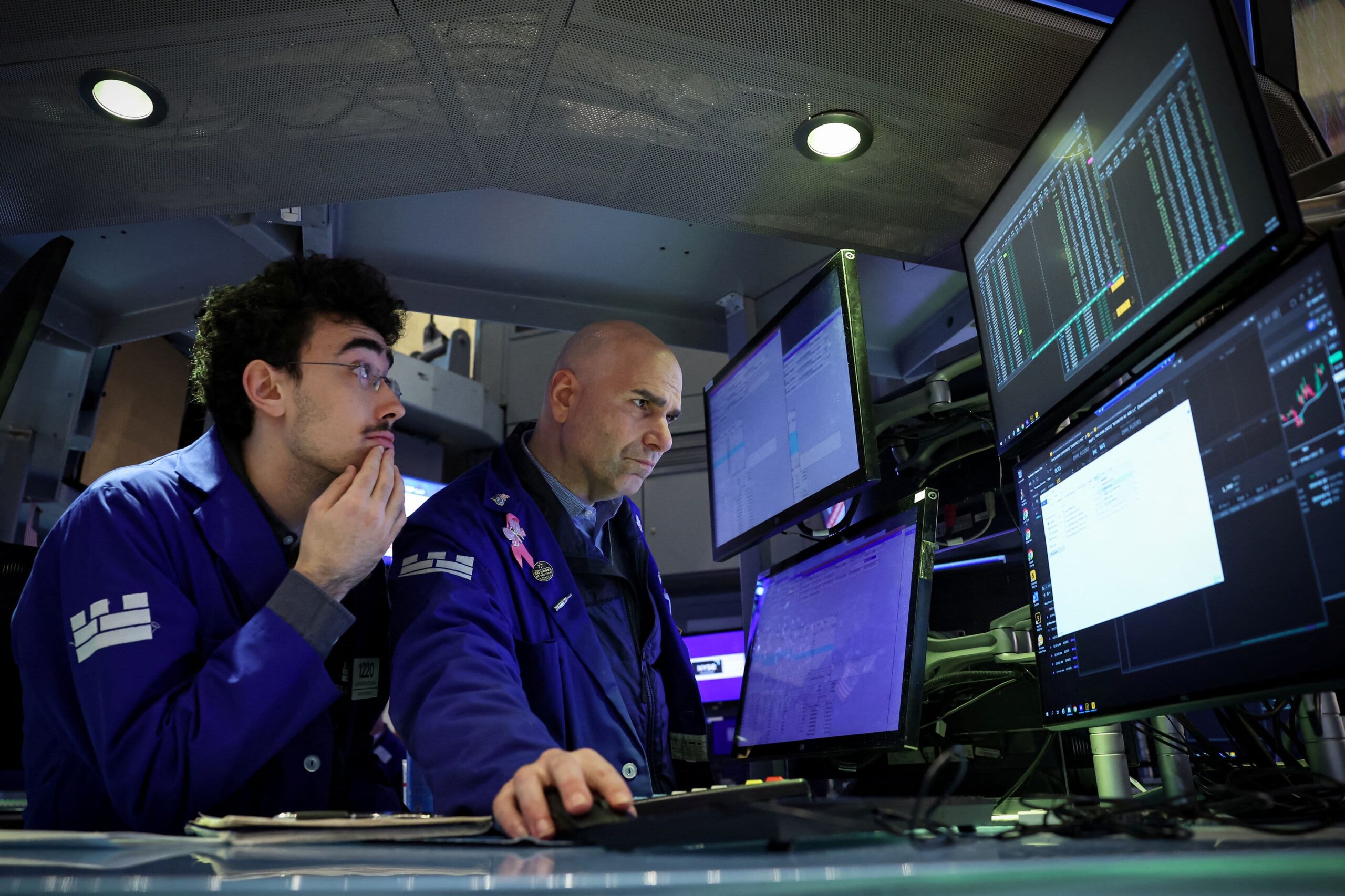In recent months, the Pakistan Tehreek-e-Insaf (PTI), led by former Prime Minister Imran Khan, has launched a vigorous campaign against the Government of Pakistan (GoP), accusing it of “transnational repression.” This term, which describes the targeting of political opponents or activists beyond a country’s borders, has become central to PTI’s narrative. The party’s official accounts abroad have amplified claims of human rights abuses, electoral fraud, and state violence, particularly following the tragic deaths of civilians on November 26th. However, while these claims might stir emotions, it’s important to examine the broader context. PTI’s rhetoric misrepresents the actions of the Pakistani state and risks deepening political divisions, all while undermining the country’s sovereignty.
The first issue with PTI’s portrayal is its oversimplification of Pakistan’s law and order measures. Every government has a responsibility to maintain public safety and stability, particularly when political tensions run high. When protests escalate into violence or when unrest threatens public order, a government must act to prevent chaos. Yet, PTI turns this basic responsibility into an accusation of systemic repression. The narrative suggests that the state is quashing dissent, silencing opposition, and punishing its citizens. But if we take a step back, Pakistan is a country facing the complexities of democratic governance during times of heightened political conflict. The government’s actions must be seen through this lens. For example, the tragic deaths on November 26th have been turned by PTI into an example of state violence. While it’s true that any loss of life is tragic, it’s crucial to understand the broader security context, rather than reducing the incident to a singular act of oppression.
PTI’s campaign heavily relies on exaggerating isolated incidents to advance its own political agenda. By focusing on individual tragedies, the party aims to portray the Pakistani state as an unrelenting oppressor. This selective storytelling creates a distorted picture. While it’s undeniable that violence and clashes have occurred, these are not indicative of a calculated, widespread government effort to silence its people. Such incidents are often part of larger, more complicated political struggles. PTI’s framing of these events distracts from the larger picture of Pakistan’s democratic processes, which are actively working to address political divisions through lawful, constitutional means. The country faces significant challenges, but these are not the result of a malicious plan by the government. Rather, they reflect the volatile nature of political life in Pakistan, where emotions often run high and disagreements can escalate.
Perhaps the most troubling aspect of PTI’s campaign is the hypocrisy it reveals. For years, Imran Khan and his party have been vocal critics of foreign interference in Pakistan’s internal matters. They’ve consistently defended Pakistan’s sovereignty, opposing any foreign meddling in the country’s political affairs. Yet now, when PTI finds itself in a political struggle, it is calling on the international community to intervene. This shift is stark and troubling. The party that once stood firmly for Pakistan’s autonomy is now seeking external support to challenge its own government. This is not only a contradiction but also a dangerous path that undermines the very principles PTI once championed. The irony is hard to ignore: the party that once rallied against foreign intervention is now asking for it, exposing a double standard that further complicates the situation.
This change in stance is more than just an inconsistency in PTI’s rhetoric. It puts Pakistan’s stability at risk. When foreign actors become involved in a country’s internal issues, the consequences can be unpredictable and destabilizing. Calls for international intervention, even with the best of intentions, tend to escalate tensions and weaken the nation’s ability to resolve its own problems. It also creates a precedent where political leaders seek to bypass domestic institutions and turn to external powers for validation. This risks further fragmenting Pakistan’s political landscape and undermining its democratic processes. The situation becomes even more complex when foreign influence further polarizes an already divided population.
Beyond the hypocrisy of seeking foreign intervention, PTI’s inflammatory rhetoric further deepens divisions within Pakistan. The party’s language doesn’t promote dialogue or reconciliation; instead, it feeds into an environment of polarization. By portraying the GoP as a repressive force, PTI is creating an “us versus them” mentality. Political disagreements should not be seen as existential threats but as opportunities for dialogue and compromise. Instead of fostering unity, PTI’s narrative exacerbates the divide, making it even harder for people with different political views to engage with one another constructively. Pakistan needs leadership that brings people together, not further separates them. The focus should be on finding common ground and building a future that works for everyone, not on stirring up resentment and fear.
In these challenging times, Pakistan needs leaders who prioritize the country’s unity and stability. Political disagreements are inevitable in any democracy, but they should be resolved within the framework of democratic institutions, not by turning to foreign actors for support. The solution lies in dialogue, not in the politicization of every incident. PTI’s portrayal of the Pakistani state as a perpetrator of “transnational repression” is misleading and harmful. By exaggerating isolated incidents, misrepresenting the reality on the ground, and seeking international intervention, the party risks further destabilizing Pakistan. What the country needs now is responsible leadership that focuses on healing divisions and addressing the root causes of political unrest through peaceful, lawful means.
Ultimately, the PTI’s current campaign may gain some short-term attention, but it does so at the expense of Pakistan’s sovereignty and stability. The real challenge is not in painting the government as a tyrant, but in finding ways to resolve the country’s political differences and build a stronger, more united Pakistan. Instead of exacerbating tensions, PTI should reflect on its own role in this political struggle and focus on contributing to solutions, not division. Only then can Pakistan truly begin to move forward.



